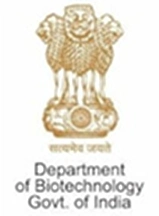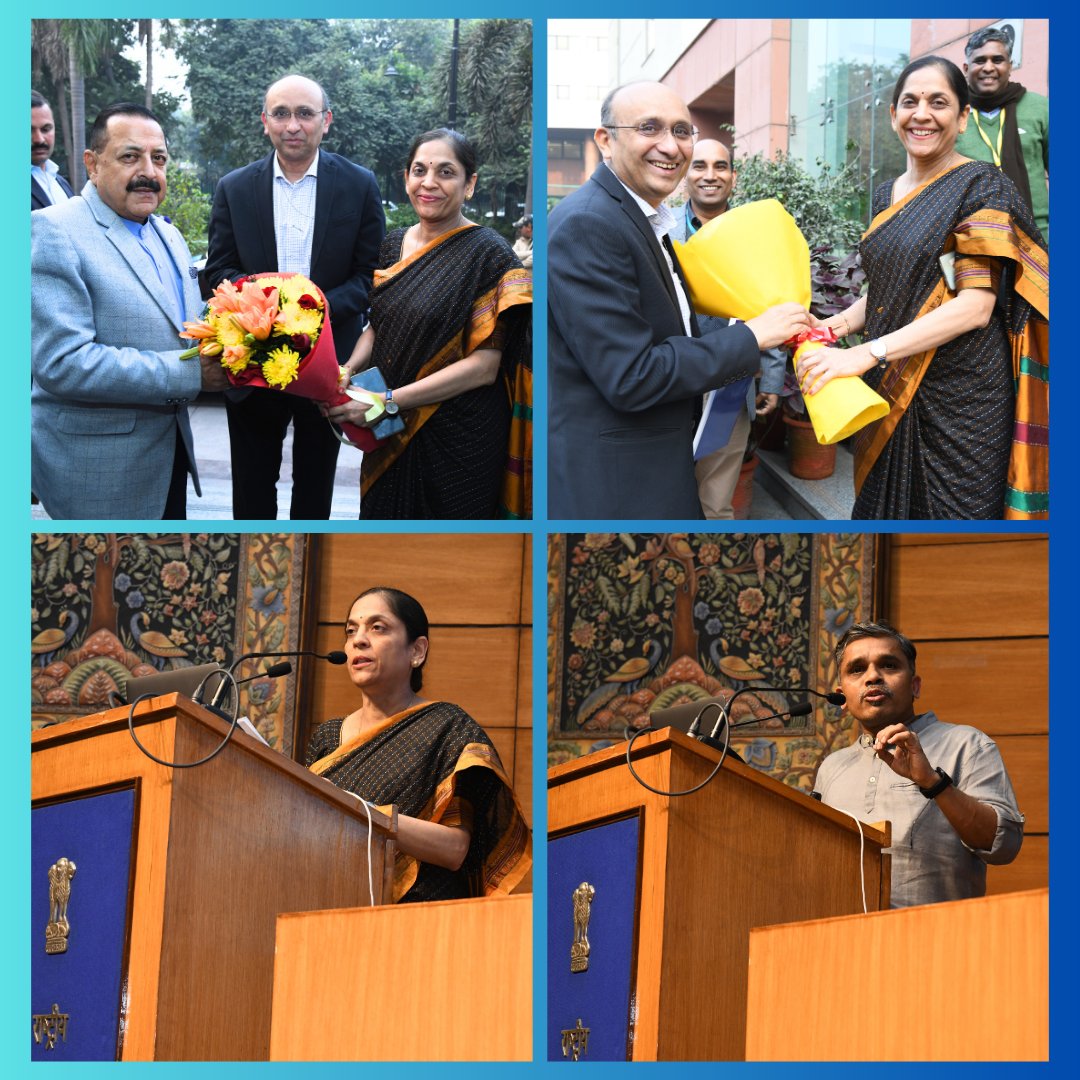About The Lab
Stem cell models to study conserved mechanisms of hematopoiesis, cardiovascular development and disease.
The clinical potential of stem cells is to treat both acquired and heritable conditions including degenerative diseases, aging and cancer. The major advantage of stem cells for regenerative medicine is their ability to propagate themselves and also perpetually give rise to mature effector cell types. However, fundamental mechanisms that regulate stem cell self-renewal and multi-potency are not well understood. The Inamdar laboratory is unravelling the basic biology of these cells with the goal of contributing to strategies to control and manipulate them effectively for applications in cell therapy and regenerative medicine. Combining stem cell biology, genetics, genomics, proteomics and biochemical approaches, through several collaborations, we aim to understand mechanisms that govern stem cell self-renewal and potency. Our primary focus is on understanding conserved mechanisms of hematopoiesis and cardiovascular development. We also study the interplay between vascular and neural development, and neurodegenerative disease such as Alzheimers disease. With our collaborators we are developing novel reagents for assessing and regulating mitochondrial metabolism and for multiplex imaging of stem cells.



 Share
Share
 inamdar@instem.res.in
inamdar@instem.res.in 91-80-61948001 EXT, 8200
91-80-61948001 EXT, 8200


